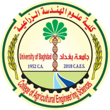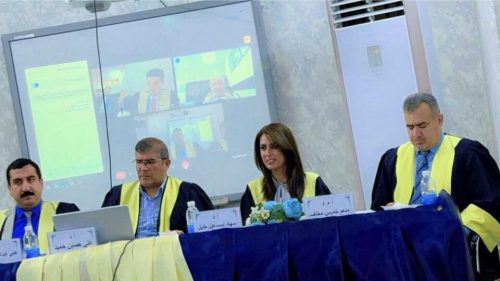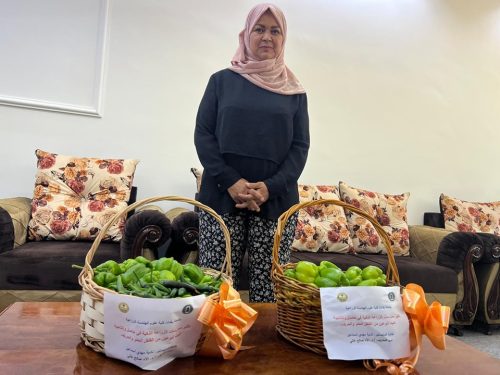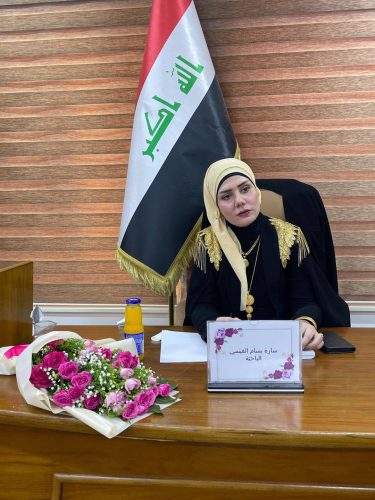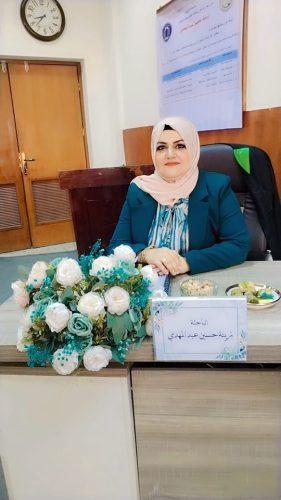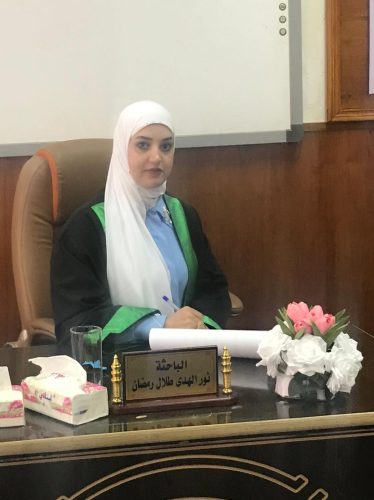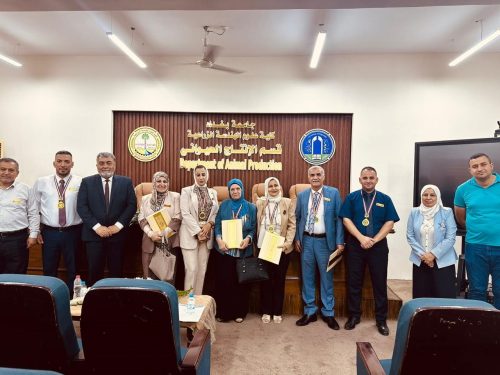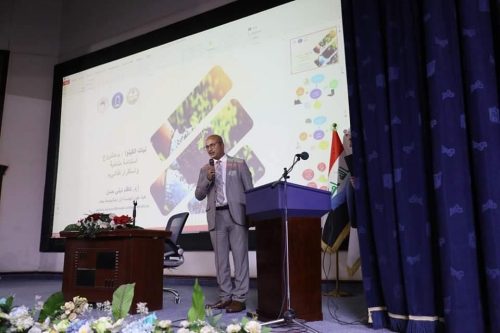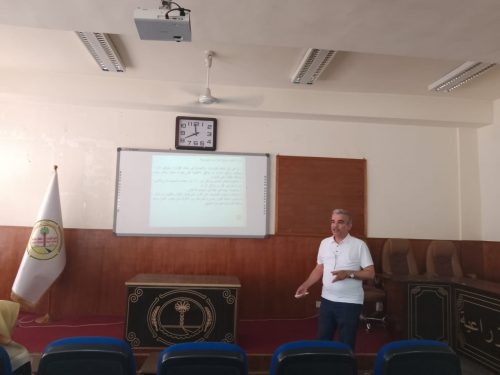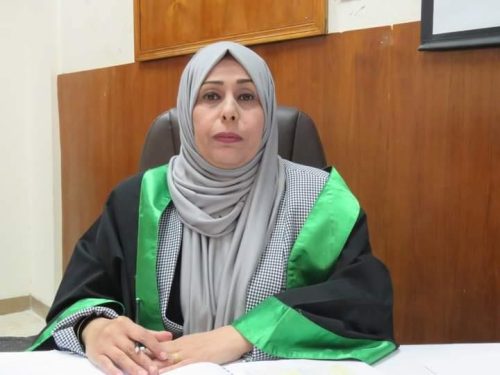In line with the goals of sustainable development in quality education and life on land, and as part of efforts to maintain a clean and sustainable environment, the College of Agricultural Engineering Sciences at the University of Baghdad conducted a scientific study on the ‘Role of Bioremediation in Reducing Pollutants Using Some Indoor Ornamental Plants.’
The study aims to demonstrate the role of indoor ornamental plants as an effective technology for removing air pollutants. This study comes in the context of addressing the challenges of air pollution and environmental changes that negatively impact public health.
The study relied on the application of smart farming programs to measure the amount of indoor pollution using devices regulated by an electrical circuit designed to generate nicotine and a source for burning petroleum.
Additionally, the study focused on the role of bioremediation in enhancing plants’ resistance to environmental stress. This experiment is the first of its kind in Iraq to test the efficiency of plants in reducing pollution, opening new research horizons toward a sustainable and clean environment in Iraq.”
